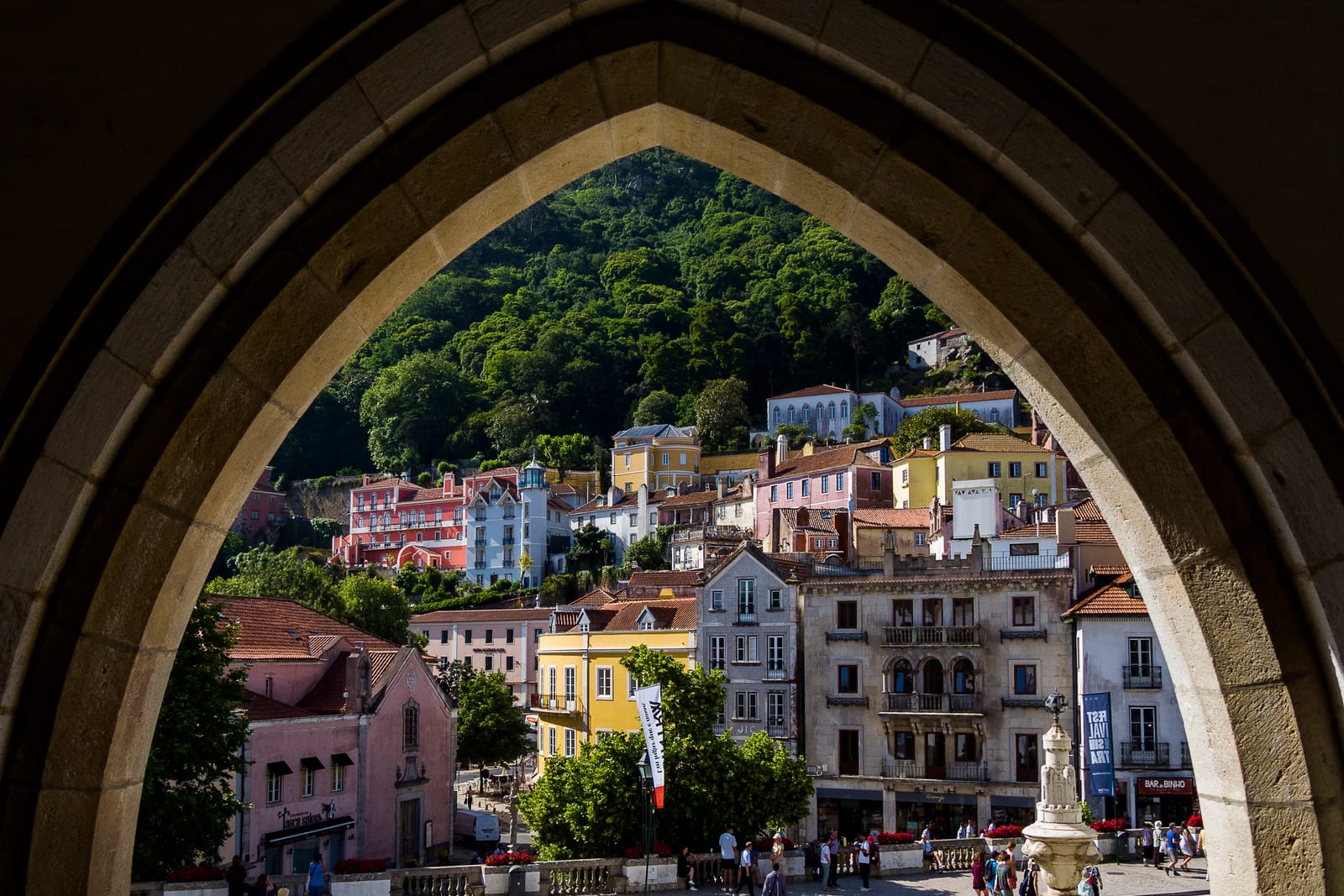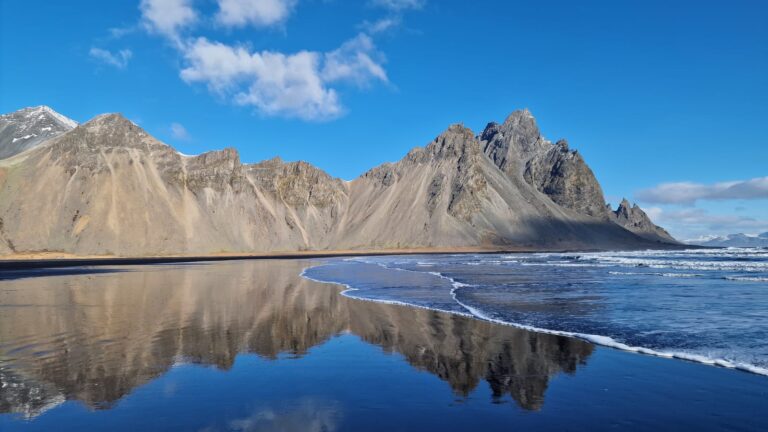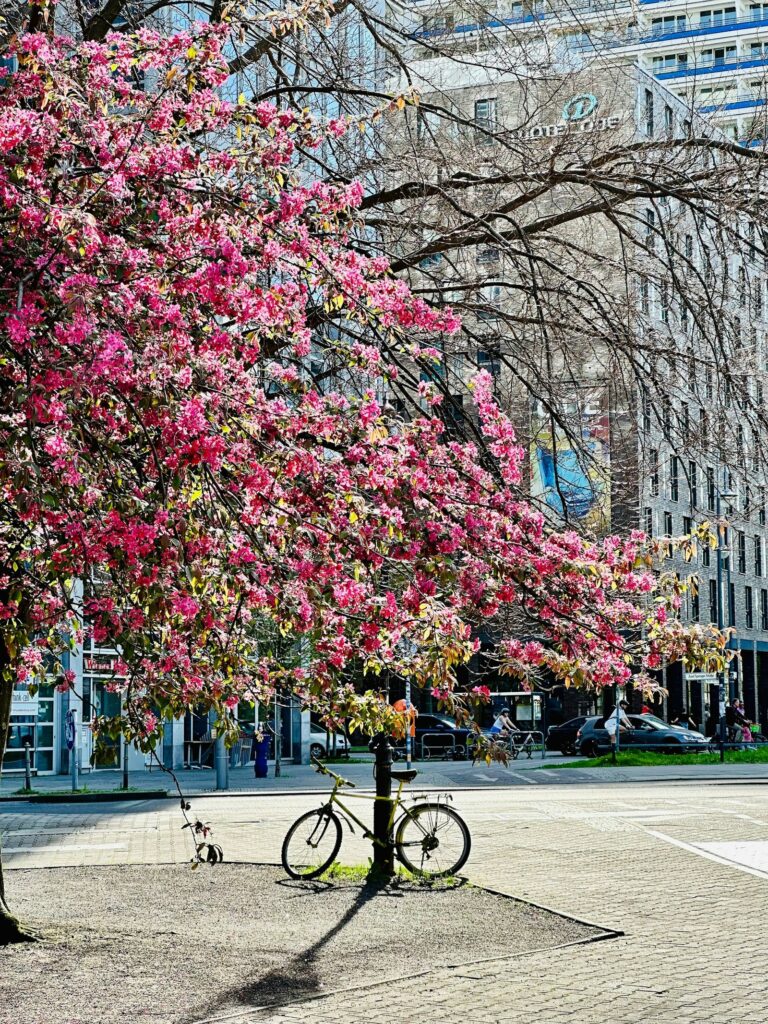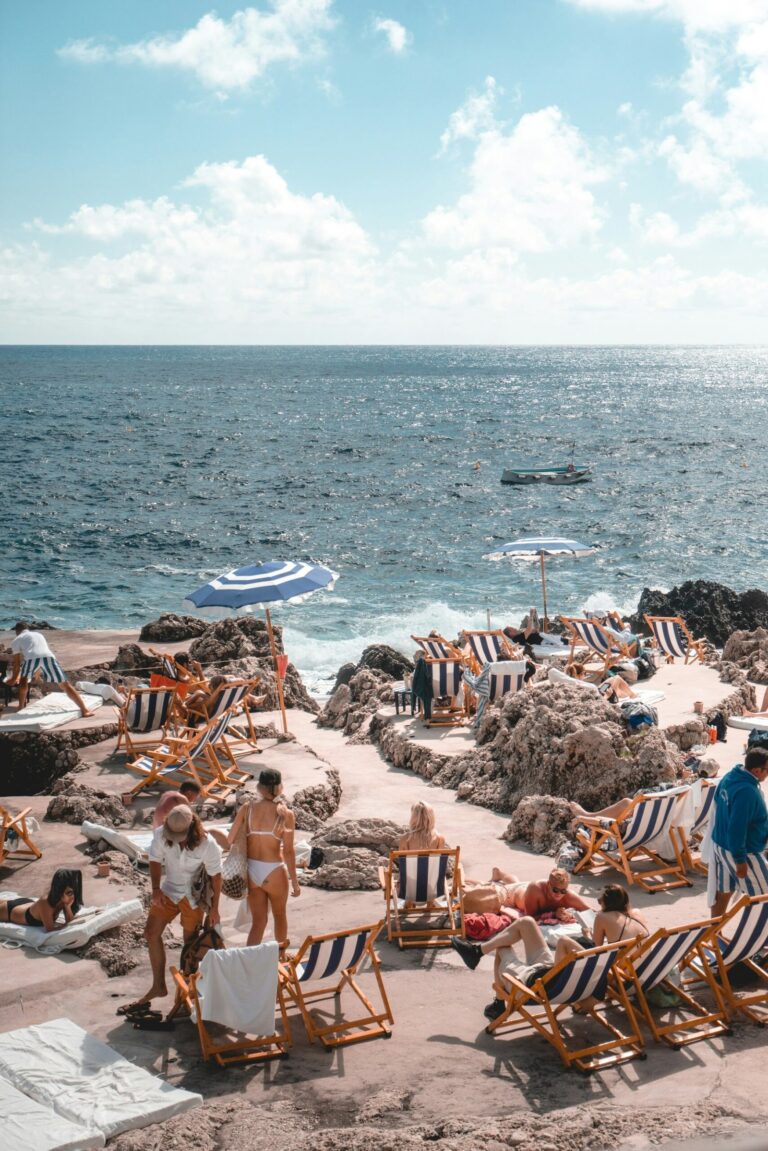Is Sintra Safe? A Friendly Guide to Enjoying Your Visit
When planning your trip to Sintra, safety is likely high on your list of concerns. You’ll be pleased to know that Sintra is indeed safe for visitors.
Portugal, in general, ranks as one of the safest countries in the world, with low crime rates that enhance your peace of mind while exploring this beautiful destination.
As you wander through Sintra’s stunning palaces and lush landscapes, you can enjoy your adventure knowing that petty crime rates are significantly lower than the European average.
It’s a place where you can easily immerse yourself in history and natural beauty without the added stress of safety worries.
In this enchanting town, the combination of its picturesque scenery and welcoming atmosphere makes for an unforgettable experience.
Whether you’re hiking in the hills or visiting iconic landmarks, Sintra offers not just beauty, but also a reassuring sense of security for all travelers.
Overview of Sintra
Sintra is a charming town located in Portugal, known for its stunning landscapes and rich history. Nestled at the foot of the Sintra Mountains, it offers breathtaking views and a unique blend of cultures.
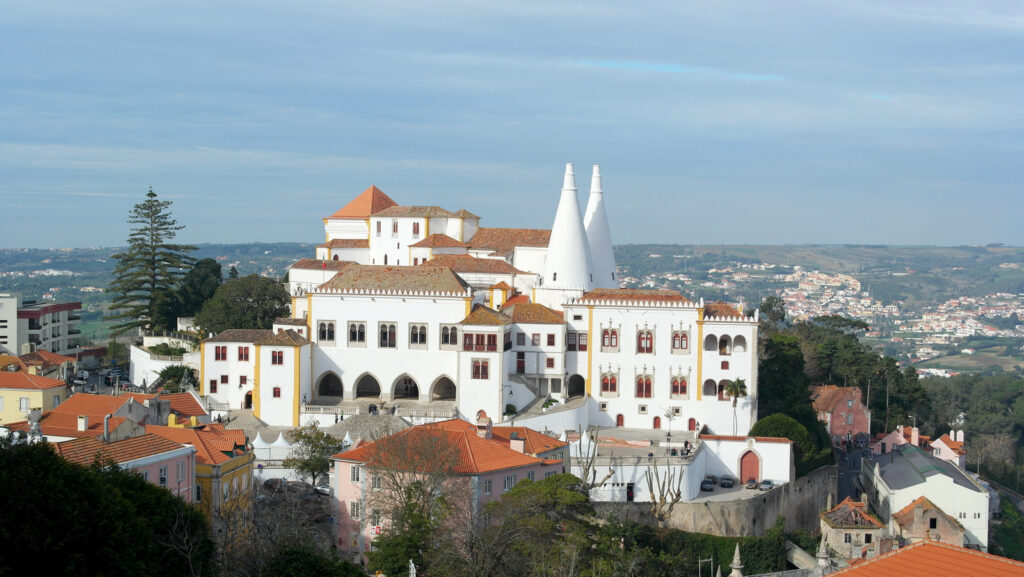
The town is famous for its beautiful palaces and castles. Key attractions include:
- Pena National Palace: A colorful, romantic palace that stands out in the landscape.
- Quinta da Regaleira: An enchanting estate with mystical gardens and intriguing architecture.
- Castle of the Moors: A historic fortress offering panoramic views of the region.
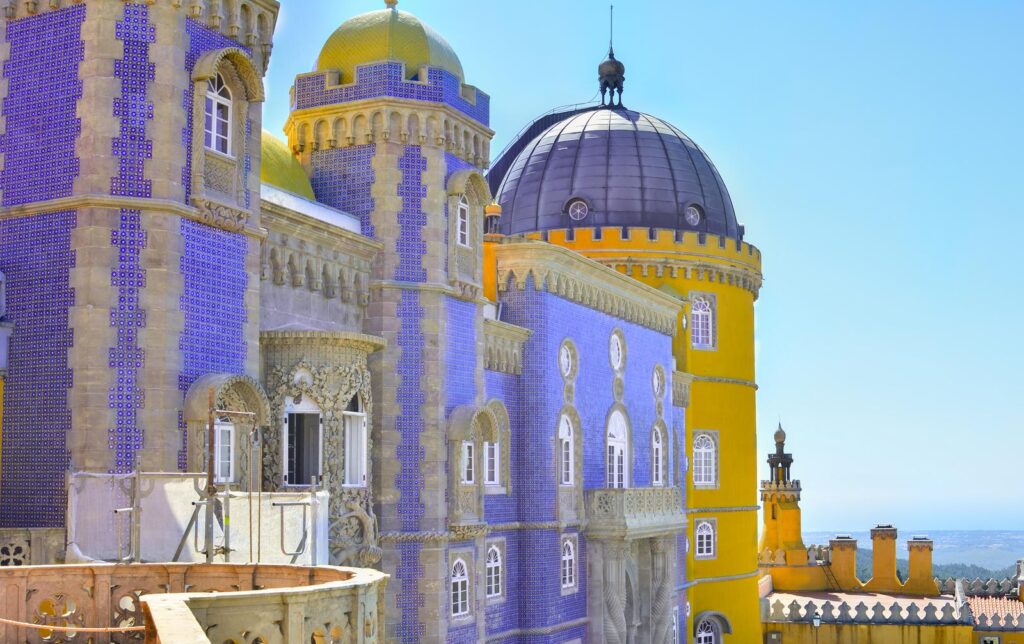
You’ll find that Sintra’s climate can be unpredictable. It’s often cooler and mistier than nearby Lisbon, especially in the hilltops.
Bringing a light jacket or sweater is a good idea.
Transportation to Sintra is quite convenient. It’s just a 30-minute drive from Lisbon, making it an easy day trip. Public transport options like trains are also available, ensuring you can travel with ease.
The town boasts a friendly atmosphere, filled with welcoming locals and vibrant shops. You can enjoy delightful cafés and restaurants that serve delicious Portuguese cuisine.
Sintra is not only a UNESCO World Heritage site but also a place where history and nature come together beautifully. You’ll find it an inviting destination for exploration and relaxation.
Safety in Sintra
When visiting Sintra, you’ll find it to be a generally safe destination. According to the 2023 Global Peace Index, Portugal ranks as the seventh safest country in the world. This emphasizes the low crime rate, especially in comparison to other European countries.
While serious crimes are rare, you should remain vigilant against petty theft. Here are some tips to help you stay safe:
- Keep valuables secure: Use bags that close securely and keep them close to you.
- Stay alert in crowded areas: Be cautious in tourist hotspots, where pickpockets may operate.
- Avoid isolated areas at night: Stick to well-lit streets and populated areas after dark.
Weather can also affect your safety. As you ascend the mountain, the weather can change unexpectedly. Dressing in layers and bringing a light jacket is advisable.
Public transport in Sintra is generally reliable. You can navigate between attractions comfortably, but always watch your belongings. Like any destination, a little awareness goes a long way.
Travel Tips for Sintra
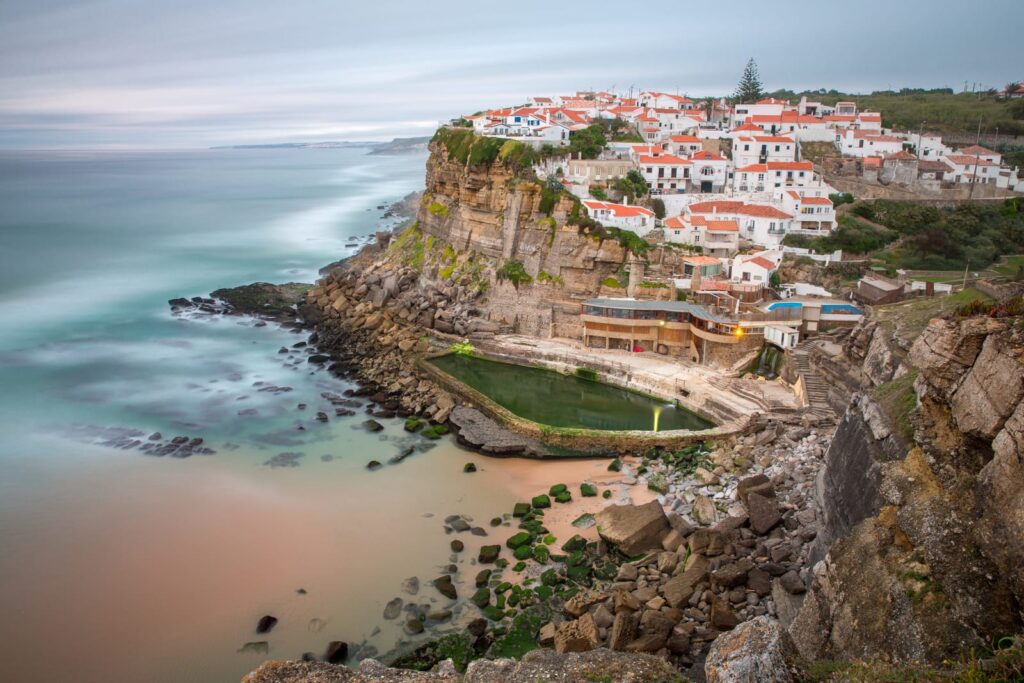
When visiting Sintra, understanding the local laws and customs, as well as the health and medical facilities available, can significantly enhance your experience. Being informed allows you to navigate the region safely and responsibly.
Local Laws and Customs
Sintra, like the rest of Portugal, has its own set of local laws and customs that you should be aware of. Public drinking is generally not permitted in many areas. This helps maintain the town’s serene atmosphere. Respect for local traditions is appreciated, especially during festivals.
Minimize noise, especially in residential areas. You should also be mindful of the dress code when visiting religious sites; modest clothing is advisable.
Additionally, tipping is customary in restaurants; about 5-10% is appreciated. Familiarizing yourself with these customs can enhance interactions with locals and ensure a respectful visit.
Health and Medical Facilities
Sintra has several health facilities, but knowing where to go for medical assistance can be crucial. The main hospital is Hospital de Sintra, and numerous pharmacies are available throughout the town.
If you need medication, pharmacies are well-stocked, and many staff speak English. It’s a good idea to keep a small first aid kit on hand for minor injuries.
Additionally, ensure you have travel insurance that covers health issues while abroad. This provides peace of mind for any unexpected medical needs. Stay hydrated and take care of yourself while exploring the beautiful landscapes.
Getting Around Safely
Navigating Sintra can be enjoyable and safe with the right information and precautions. Here are key transportation options to help you explore the area while ensuring your safety.
Public Transportation
When in Sintra, public transportation is a reliable choice. You can catch a direct train from Lisbon’s Rossio station that takes about 40 minutes. A round-trip ticket costs approximately 4.50 EUR, making it an economical option for travelers.
Once in Sintra, local buses connect you to popular attractions like the Pena Palace and Moorish Castle. Ensure to check the schedule, as they can vary.
Keep an eye on your belongings, especially in crowded areas. Public transport is generally safe, but being aware of your surroundings is always wise.
Taxis and Private Hire
Taxis and private hire services provide a convenient way to get around Sintra. Authorized taxis are easily identifiable by their light green color, and drivers usually speak basic English.
You can also use ride-sharing apps for added comfort. Just be sure to verify the car’s license plate and driver details before entering.
These services can take you directly to your desired destination, bypassing the hilly terrain and possible parking challenges.
While using taxis or private hires, it’s best to confirm fares beforehand, especially for longer trips or during peak tourist seasons.
Walking and Hiking
Exploring Sintra on foot can be one of the most rewarding experiences. The town’s charming streets and stunning viewpoints make walking an appealing option.
The pathways to attractions like the Quinta da Regaleira and Monserrate Palace can be steep and winding, so wear comfortable shoes.
When hiking, always stay on marked trails to ensure safety. The weather can change rapidly, especially in higher elevations, so bring layers and check forecasts.
If you venture into the woods, it’s wise to travel with a companion and carry a map or mobile device for navigation. Enjoy the natural beauty around you while staying aware of your surroundings.
Accommodation Safety
When choosing a place to stay in Sintra, safety is a key consideration. You should focus on both the type of accommodation and the location to ensure a secure experience during your visit.
Hotels and Guesthouses
Hotels and guesthouses in Sintra are generally considered safe for travelers. Many establishments have good security measures in place, such as surveillance cameras and secure entry.
It’s wise to choose accommodations in well-traveled areas. Look for places with positive reviews regarding safety. Often, staff members can assist with local safety tips.
Be sure to keep your room door locked and use the in-room safe for valuables.
Also, familiarize yourself with the emergency exits and procedures upon arrival. If you have concerns, don’t hesitate to ask staff about any safety questions you may have.
Vacation Rentals
Vacation rentals can offer unique experiences in Sintra, but safety should still be a priority. Select properties in reputable neighborhoods and read previous guest reviews focusing on safety.
Ensure the property has secure locks on windows and doors. Consider contacting the host to inquire about security measures. Many hosts will provide advice on safe practices, particularly for excursions.
Using platforms with good reputations can also increase your peace of mind. When you arrive, check the surroundings and make sure you feel comfortable. Make a list of emergency contacts as a precaution.
Crime and Security
When considering a move to or a visit in Sintra, knowing about crime and security is essential. This section covers common crimes you might encounter and the role of local police and emergency services.
Common Crimes
In Sintra, crime rates are relatively low, making it one of the safer areas in Portugal. Petty theft is the most frequently reported issue, particularly in tourist-heavy spots.
It’s wise to keep an eye on your belongings while exploring local attractions.
You might also encounter scams that target tourists, such as unlicensed taxi drivers or overpriced services. Always use licensed providers to avoid these pitfalls.
Serious crimes, such as assault or robbery, are quite rare, and Sintra is recognized for its peaceful atmosphere.
Police and Emergency Services
Sintra is served by an efficient local police force known as the GNR (Guarda Nacional Republicana). They are approachable and often patrol tourist locations to ensure safety.
If you ever need assistance, don’t hesitate to approach an officer.
Local emergency services are also well-equipped to handle various situations. In case of emergencies, you can dial 112 for immediate help.
Medical facilities in Sintra are accessible, providing both locals and visitors with necessary healthcare services. Keeping emergency contact numbers handy is a practical step for your peace of mind.
Cultural Sensitivity and Respect
When visiting Sintra, it’s essential to embrace cultural sensitivity and respect for the local customs. Understanding the traditions of the area enhances your experience.
Learn Before You Go
Take the time to research Sintra’s history and cultural practices. Knowing about its significance will help you appreciate the sites you visit, such as the National Palace and the beautiful gardens.
Engage with Locals
Don’t hesitate to interact with local residents. A simple greeting in Portuguese, like “Olá,” can go a long way. Locals usually appreciate when you make an effort.
Respect Cultural Norms
Be mindful of dress codes when visiting religious sites. Covering your shoulders and knees shows respect and appreciation for their customs.
Be Aware of Photography Etiquette
Before snapping photos, check if photography is permitted. Some places may have restrictions, especially in more private or sacred areas.
Support Local Artisans
Choose to buy souvenirs from local shops rather than large chains. Supporting local artisans encourages cultural preservation and benefits the community.
By practicing cultural sensitivity, you not only enhance your travel experience but also contribute positively to the community you visit.
Food and Drink Safety
When visiting Sintra, food and drink safety is crucial for a pleasant experience. It’s great to explore local cuisine, but it’s wise to know a few tips to stay safe.
Water Safety
Sintra’s tap water is generally safe to drink. It comes from treated surface water sources, managed by Águas de Portugal. If you’re unsure, always opt for bottled water, especially in restaurants.
Eating Out
Look for busy restaurants with a good turnover of food. Fresh dishes are usually safer than items that seem to have been sitting out.
Street Food
Street vendors are common and often offer delicious options. Ensure the food is cooked thoroughly and served hot. Avoid anything that looks like it’s been sitting for too long.
Food Storage
If you buy perishable items from shops, store them properly. Keep items refrigerated to prevent spoilage, especially dairy products and meats.
Local Tips
Ask locals for recommendations on the safest and tastiest places to eat. They often know the best spots and can provide useful insights.
By staying mindful of these tips, you can enjoy all the flavors Sintra has to offer while keeping your food and drink choices safe. Enjoy your culinary adventures!
Weather and Natural Disasters
When planning your visit to Sintra, you’ll appreciate its mild and temperate climate. The temperatures rarely dip below 10°C (50°F) or rise above 30°C (86°F), making it comfortable throughout the year.
Optimal Visiting Seasons:
- Spring and Fall: These seasons offer the most pleasant weather, with mild temperatures and fewer crowds.
- Summer: While warmer, it can also be humid, so pack accordingly.
Sintra’s proximity to the Atlantic Ocean contributes to its unique microclimate. This means you can enjoy fresh breezes, which can be refreshing during warmer months.
When it comes to natural disasters, Sintra is relatively safe. The area does not frequently experience severe weather events like hurricanes or floods. The risk of earthquakes is also low compared to other parts of the world.
Key Weather Considerations:
- Rain: Expect some rainy days, especially in winter.
- Humidity: It’s higher in the summer, so light clothing will help you stay comfortable.

